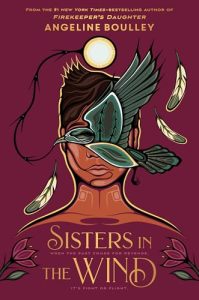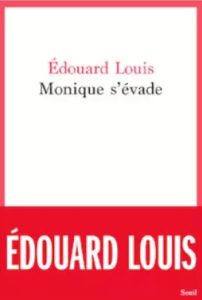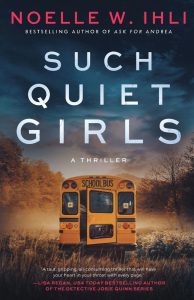
Ling Ling Huang’s Natural Beauty is a haunting, provocative debut that blends horror, satire, and social commentary into a dark reflection of our beauty-obsessed culture. With an atmosphere that is both luxurious and grotesque, this novel exposes the monstrous side of perfectionism and the high price of fitting in.
The story follows a young Chinese American pianist whose life takes a devastating turn after an accident leaves her parents incapacitated. Forced to abandon her musical dreams, she takes a job at Holistik, a glamorous wellness and beauty company in New York City known for its cutting-edge treatments. What begins as an opportunity for financial stability and belonging quickly unravels into something sinister. Behind Holistik’s sleek image and miraculous products lies a disturbing truth about the cost of beauty one that gnaws at both the body and the soul.
From its first chapter, Natural Beauty feels eerily plausible. Huang’s world is just a half-step removed from reality, where obsession with self-improvement and flawless appearances morphs into horror. The author never lectures the reader. Instead, she lets the story’s elegant absurdities and quiet terrors speak for themselves. Holistik’s bizarre treatments from spider silk eyelash extensions to flesh-sucking remoras are surreal yet disturbingly believable, and that is precisely what makes them so effective.
Huang’s unnamed narrator, who adopts the Western name “Anna,” is both compelling and tragic. As the daughter of immigrant musicians who fled China’s Cultural Revolution, she carries the weight of sacrifice and the ache of dislocation. The novel’s exploration of her dual identity, cultural expectations, and longing for acceptance adds layers of poignancy to the horror. Her descent into Holistik’s cult-like world becomes a mirror of how immigrant women and marginalized bodies are often consumed by systems promising transformation.
The prose is striking precise, lyrical, and at times unbearably intimate. Huang, herself a professional violinist, infuses the novel with musical language and rhythm. The parallels she draws between artistic perfection and physical beauty are profound. Both demand sacrifice, both blur the line between creation and destruction, and both, in the wrong hands, can become instruments of control.
Many readers, like Elizabeth from Plant Based Bride, have praised the novel’s emotional depth and the way it lingers long after the final page. Natural Beauty captures the contradictions of modern womanhood the desire to be seen and the fear of being consumed. Its ending, which embraces radical self-acceptance and freedom from oppressive ideals, is both cathartic and unsettling.
However, the book is not without its detractors. Some, like reviewer Luce, found the tone uneven and the satire underdeveloped, arguing that the story leans too heavily on familiar tropes from Black Mirror or The Stepford Wives. While these criticisms hold weight, they also highlight how Natural Beauty straddles genres in a way that may not satisfy every reader. It’s literary horror wrapped in social allegory a story more concerned with mood, metaphor, and message than with linear plot or conventional character arcs.
Still, for those who appreciate unsettling fiction that makes them think as much as it makes them squirm, Natural Beauty is a gem. Its biting humor, vivid imagination, and fearless critique of the wellness industry make it one of the most original debuts in recent years.
By the end, Huang doesn’t just tell a story about beauty she dismantles it. She asks what it costs to be perfect, who defines perfection, and whether liberation might lie in embracing what the world deems “ugly.”
Beautiful, disturbing, and unflinchingly honest, Natural Beauty is a work of horror with real heart. It will resonate with readers who have ever felt the pressure to conform or the exhaustion of striving to be enough.
👉 Get your copy of Natural Beauty on Amazon here: https://amzn.to/3KCfcU3


